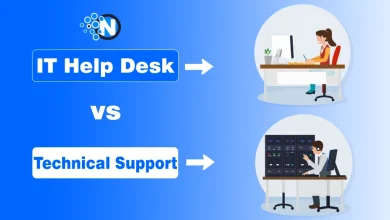Harnessing Data Warehouse for Smarter Healthcare

Data is essential to the modern world because it speeds up decision-making and spurs innovation in many sectors, including healthcare. All of the most impactful treatments and medical technologies were developed according to where patient need is highest, which is, in turn, informed by patient data, such as prescriptions, diagnostics, hospital admissions, and care reports. There is a huge amount of data generated by this sector – roughly 30% of the world’s total data volume – and it can all be used to improve the efficacy of care.
However, 80% of healthcare executives report that they don’t completely trust their organization’s data. This can be due to a lack of resources to properly gather, store, and manage data.
Let’s explore how investing in data warehouse technology can support smarter healthcare.
Kep reading!
AI and Healthcare
Artificial intelligence is at the forefront of healthcare organizations’ exploration of new approaches to using data. For example, 54% of firms have already implemented AI to automate insurance authorizations, billing codes, and medical paperwork. Despite the value of AI across several use cases, there are a few drawbacks.
For one, generative AI platforms, such as OpenAI, need to be fed lots of data in order to provide accurate outputs. Another downside is the fact that public LLMs don’t have the best privacy safeguards, which is a serious concern for such a highly regulated industry constantly dealing with sensitive patient information.
Conclusion
Instead of fully relying on AI, the truly best data resource is the organization’s own internal data. These can come from many different sources, including census, clinical, reimbursement, staffing, and financial data. These disparate data sources can be difficult for a knowledge expert to navigate and require them to login into hundreds of different software tools to get the information they need. One alternative solution is for the organization to invest in a data warehouse, which will serve as a centralized repository for all data.

Source: MegaData



